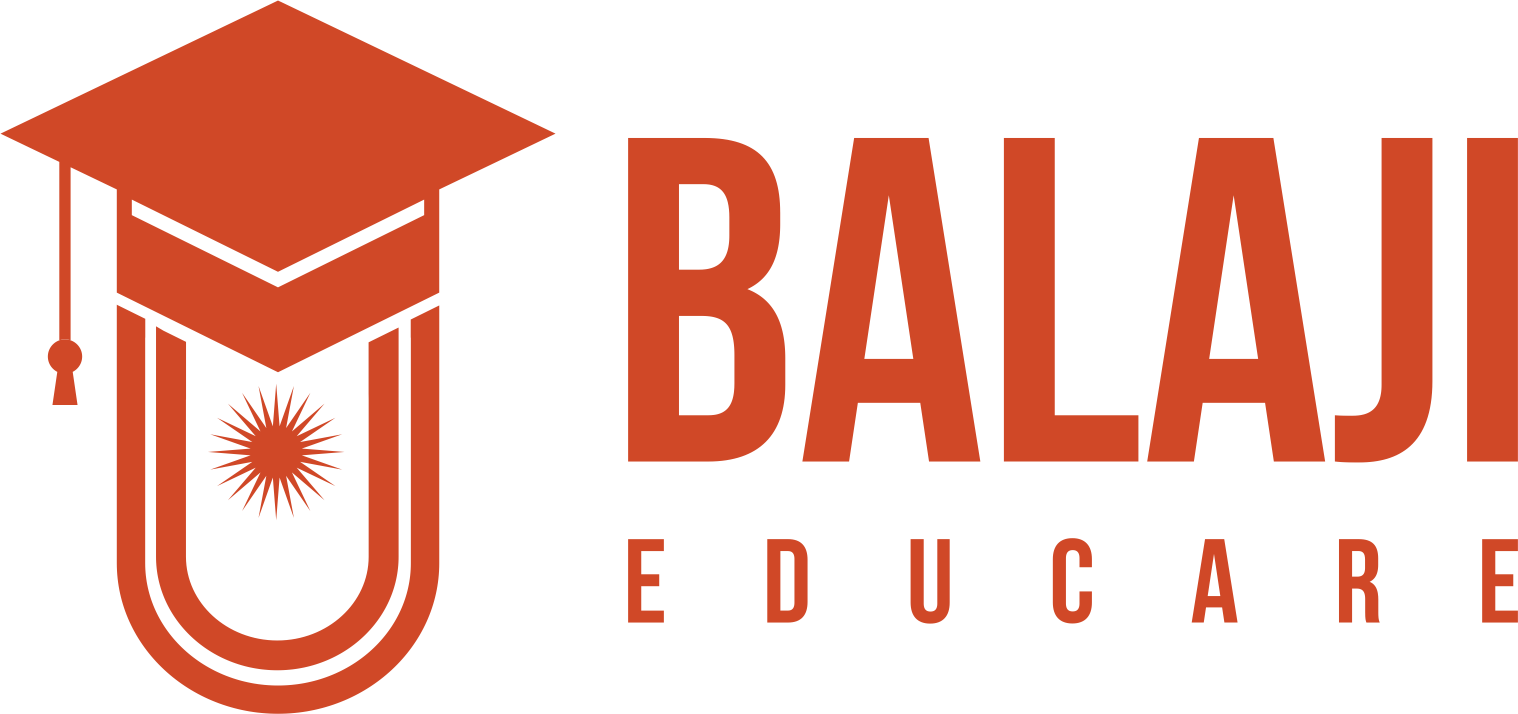CPA Licensing Laws Are Changing: What It Means for Future Accountants
Recent changes in CPA licensing laws across the U.S. are reshaping the pathway to becoming a Certified Public Accountant (CPA). For decades, candidates were required to complete 150 credit hours of education—usually a bachelor’s plus an additional year of study—before sitting for the CPA exam. But now, many states are offering an alternative.
What’s Changing?
- Work Experience vs. Classroom Hours: Instead of a fifth year of school, candidates can substitute an extra year of work experience.
- Requirements Remain: A bachelor’s degree (around 120 credit hours) is still mandatory, as well as passing the CPA exam and fulfilling the total two years of on-the-job experience.
- Continuing Education: Licensed CPAs must still complete ongoing training every one to three years, depending on the state.
Why the Shift?
The move is driven by a talent shortage in accounting. More professionals are retiring or moving to higher-paying, less stressful roles, leaving a gap in the pipeline. Lawmakers and professional groups see the education requirement as a barrier that discourages students from pursuing accounting.
How Widespread Are the Changes?
- Nearly 20 states have amended CPA laws since January 2025.
- Experts anticipate that all 50 states could adopt alternatives by 2027.
- This rollback mirrors pre-1983 standards, when most states required only a bachelor’s degree plus the exam.
What It Means for Students
For students like Bryan Flannery, a senior at Otterbein University in Ohio, the changes are game-changers. He had planned to pursue a master’s, but Ohio’s new law now lets him enter the profession sooner and build real-world experience faster.
What’s Next?
Industry leaders emphasize that adjusting the 150-hour rule is only part of the solution. To truly attract and retain talent, the profession must also:
- Increase outreach to high school and college students.
- Offer competitive salaries.
- Reduce the perception of accounting as a stressful, “burnout” career.
As Jen Cryder, CEO of the Pennsylvania Institute of CPAs, put it: “The whole profession is on the same page… we’re all driving to the same destination.”

